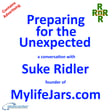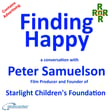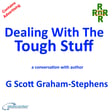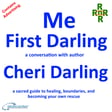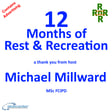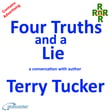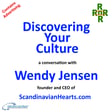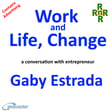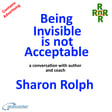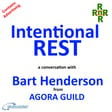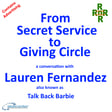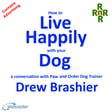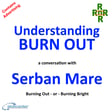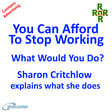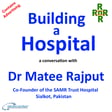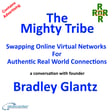
The Happy Work Life Map – a conversation with creator Stephen Shortt
Focus on understanding and achieving the end goal
Stephen Shortt is a career talent strategist who has developed the Happy Work Life Map.
Stephen is on a mission to make the world a better place, with happy people in fulfilling, rewarding careers! An important part of having a happy career is being happy across every aspect of life.
Stephen explains why he defines happiness in life as being making progress towards purpose – whatever your purpose is for you…
Michael and Stephen explore how happiness is not a single destination or thing – it is a journey that unfolds through key areas in our lives: celebrating achievements, embracing gratitude, building skills and habits, nurturing meaningful connections, and contributing to the world around us.
Stephen explains how he uses the Happy Work Life Map to help people to explore these elements for themselves and what resonates with them.
How we define happiness is as unique as we are. Stephen provides insights into how we can all define what makes us happy.
You will leave this episode feeling empowered to cultivate joy, purpose, and a life that feels both balanced as well as deeply fulfilling and rewarding.
Audience Offers
Rest and Recreation is made on Zencastr, because creating podcasts on Zencastr is so easy, you can as well by visiting Zencastr and using our offer code ABECEDER.
Travel – at trade prices to Pakistan or anywhere in the world at trade prices on trains, flights, hotels, and holidays as members of The Ultimate Travel Club.
Health – York Test provides an Annual Health Test. An experienced phlebotomist will complete a full blood draw at your home or workplace. Hospital standard tests covering 39 different health markers are carried out in a UKAS-accredited and CQC-compliant laboratory.
Visit York Test and use this discount code REST25.
Tech Problems? – Visit Three for information about business and personal telecom solutions from Three, and the special offers available when you quote our referral code WPFNUQHU.
If you have liked this episode of Rest and Recreation, please give it a like and download it. To make sure you do not miss future editions please subscribe.
Remember, the aim of all the podcasts produced by Abeceder is not to tell you what to think, but we do hope to make you think!
Being a Guest
If you would like to be a guest on Rest and Recreation, please contact Abeceder.
Matchmaker.fm introduce many guests to Rest and Recreation. Matchmaker.fm is where great hosts and even greater guests are matched, and fantastic podcasts are hatched. Use code MILW10 for a discount on membership.
We recommend that potential guests take one of the podcasting guest training programmes available from Work Place Learning Centre.
Thank you to you for listening.
We appreciate every like, download, and subscription.

